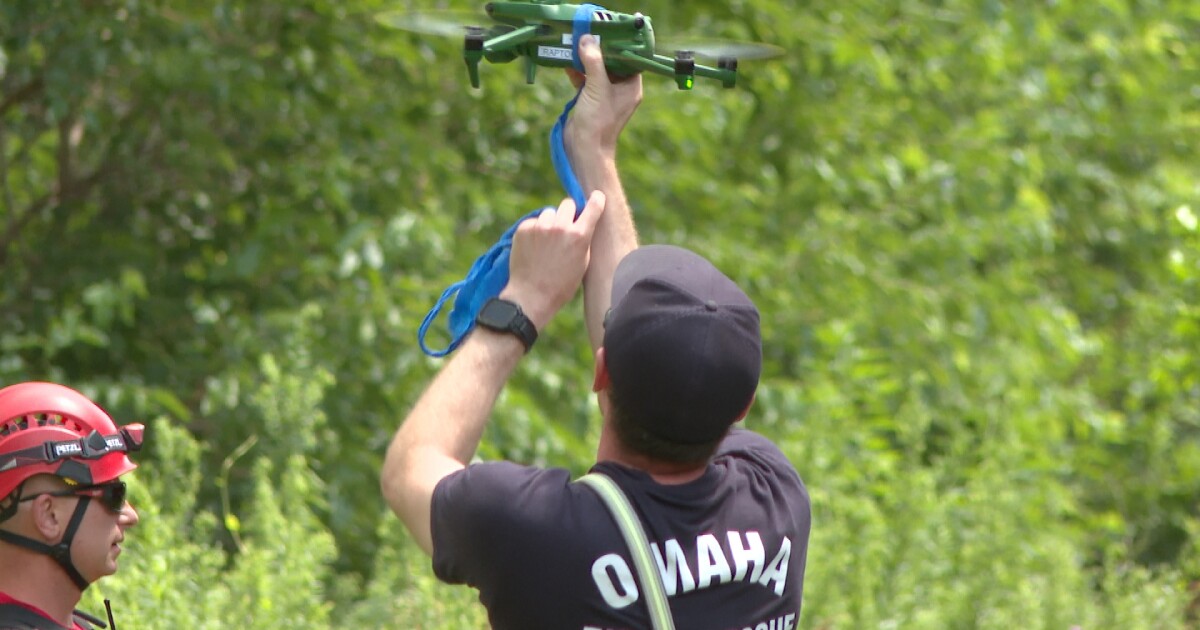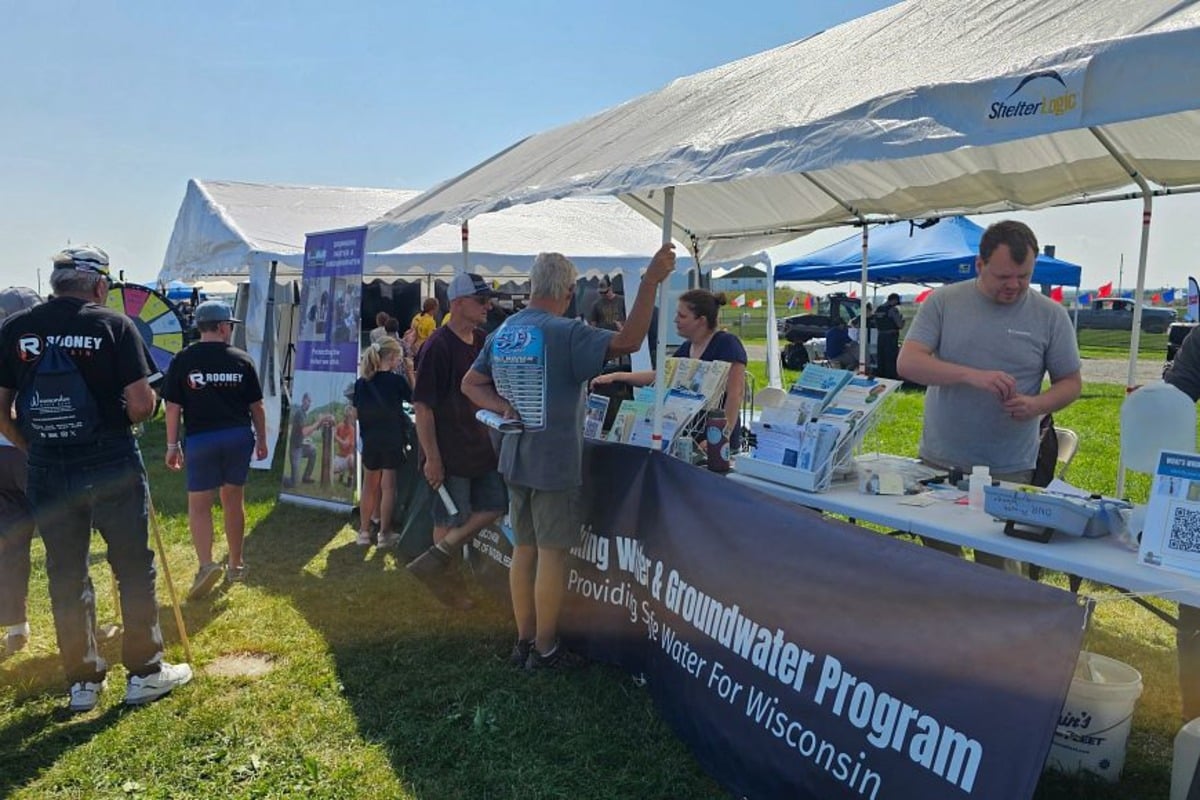Singapore Man with ALS Finds His Voice Again Thanks to Revolutionary Brain-Computer Interface

In a heartwarming breakthrough that offers renewed hope to individuals battling Amyotrophic Lateral Sclerosis (ALS), a Singaporean man previously rendered completely paralyzed has regained the ability to communicate with his family, thanks to a pioneering brain-computer interface (BCI) technology called BrainGate2. This remarkable achievement signifies a monumental leap forward in assistive technology and provides a glimpse into a future where communication barriers for those with severe motor impairments can be overcome.
ALS, also known as Lou Gehrig's disease, is a progressive neurodegenerative disorder that gradually robs individuals of their ability to move and speak. As the disease progresses, patients often become 'locked-in,' fully conscious but unable to communicate or interact with their surroundings. This can lead to profound isolation and distress for both patients and their loved ones.
The BrainGate2 system offers a beacon of hope in this challenging situation. This innovative technology works by surgically implanting a small sensor array onto the surface of the brain's motor cortex, the area responsible for controlling movement. This array detects neural activity associated with attempted speech – even when the individual is physically unable to speak. Sophisticated algorithms then decode these signals and translate them into text on a screen, allowing the patient to communicate their thoughts and needs.
While previous iterations of BCI technology have shown promise, BrainGate2 represents a significant advancement. It allows for a higher degree of accuracy and speed in decoding neural signals. The Singaporean man, who wishes to remain private, has been participating in a clinical trial to assess the efficacy of the system. Early results have been incredibly encouraging. He is now able to express his thoughts and emotions, participate in conversations with his family, and even control a computer cursor with his mind.
“This is truly life-changing,” stated Dr. [Fictional Doctor's Name], a neurologist involved in the trial. “For someone who has been completely silent for so long, being able to communicate with their family is an incredible gift. It restores a sense of connection and dignity that ALS can often take away.”
The implications of this technology extend far beyond the individual case. BrainGate2 and similar BCI systems hold the potential to revolutionize the lives of countless individuals with ALS, stroke, spinal cord injuries, and other neurological conditions that impair communication. Researchers are actively working to refine the technology, improve its accuracy, and make it more accessible to those who need it most.
The development of BrainGate2 is a testament to the power of scientific innovation and the unwavering commitment of researchers and clinicians to improving the lives of those affected by debilitating neurological disorders. While challenges remain, this breakthrough represents a significant step towards a future where communication barriers are a thing of the past, and individuals with ALS can once again find their voice.
Future Directions: Ongoing research is focusing on expanding the vocabulary that can be decoded, improving the speed of communication, and exploring the potential for the system to control other assistive devices, such as robotic arms, to restore greater independence.





